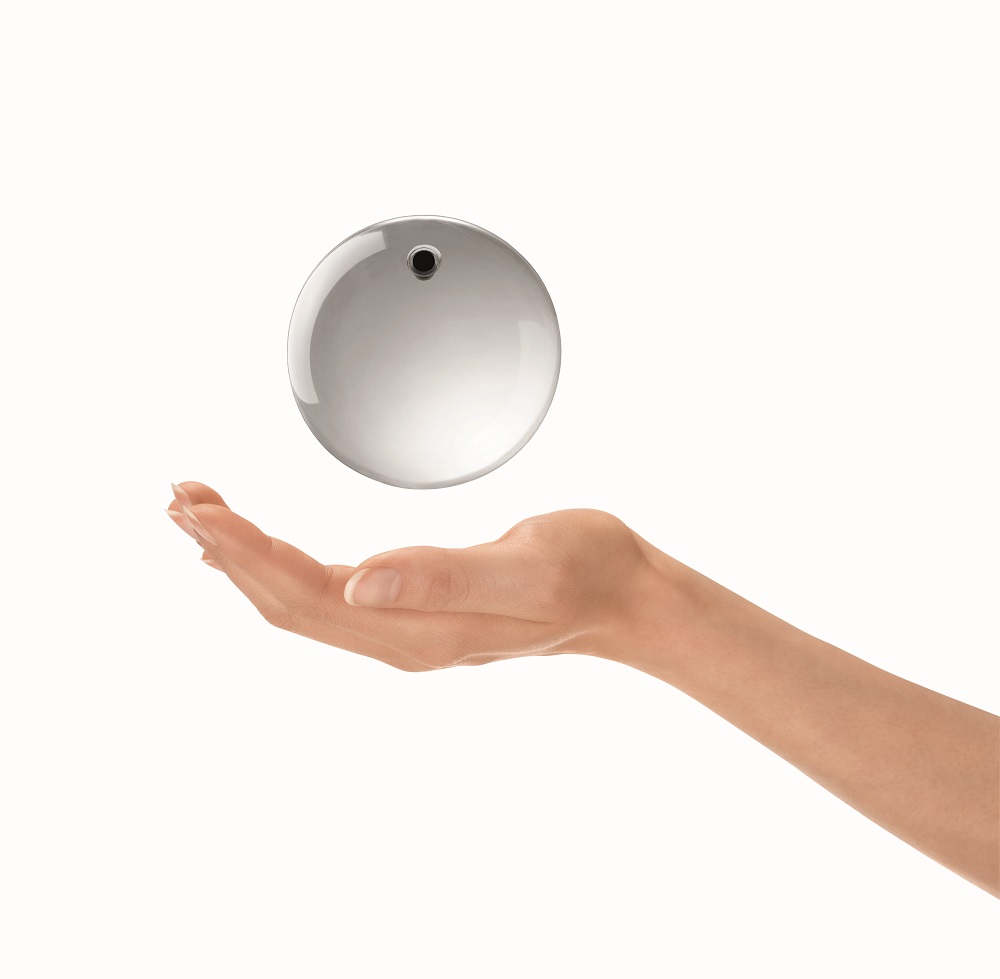 One of the most common New Year’s resolutions is losing weight. For some, this goal can be accomplished through diet and exercise; however, for others losing weight may require more intensive approaches.
One of the most common New Year’s resolutions is losing weight. For some, this goal can be accomplished through diet and exercise; however, for others losing weight may require more intensive approaches.
Losing a significant amount of weight can be very challenging, especially for people who are overweight or obese. Weight loss (bariatric surgery) has been proven to be a safe and effective way to overcome this challenge.
Bariatric surgery is performed on the stomach or intestines to reduce food intake or absorption, and induce weight loss. Weight loss surgery can also help those who are at risk of diabetes and hypertension to reduce their chances of developing these or other obesity-related diseases.
If you are interested in surgery, one of the first steps you should take is finding out if you are a good candidate. Surgery may be appropriate for people who:
- Have a body mass index (BMI) over 40
- Are 100 lbs. over their ideal body weight
- Are experiencing disabling pain in weight-bearing joints
- Have a BMI of 35 along with obesity-related disorders such as high blood pressure, diabetes, sleep apnea or degenerative joint disease.
- Have tried to lose weight through diet and exercise but have been unsuccessful
Choosing a weight loss surgery provider that is accredited by programs such as the Metabolic and Bariatric Surgery Accreditation and Quality Improvement Program (MBSAQIP®) is highly recommended. This accreditation ensures that your provider follows a high standard of care.
Flushing Hospital’s Bariatric Surgical Center is the first Bariatric Center of Excellence accredited by the MBSAQIP. The center provides care from a multi-disciplinary group of health care practitioners who are compassionate and fully invested in helping you in every step of your weight loss journey.
To learn more about Flushing Hospital’s Bariatric Surgical Center, please call 718-408-6977or 718-670-8908.
All content of this newsletter is intended for general information purposes only and is not intended or implied to be a substitute for professional medical advice, diagnosis or treatment. Please consult a medical professional before adopting any of the suggestions on this page. You must never disregard professional medical advice or delay seeking medical treatment based upon any content of this newsletter. PROMPTLY CONSULT YOUR PHYSICIAN OR CALL 911 IF YOU BELIEVE YOU HAVE A MEDICAL EMERGENCY.



 Weight loss specialists, Sanjeev Rajpal MD, Darshak Shah MD and Noman Khan MD are all excited that Flushing is one of the only hospitals in the area to offer our patients the revolutionary, Obalon weight loss system. Obalon is the first and only non-surgical, and completely non-invasive weight loss treatment option approved by the Food and Drug Administration (FDA).
Weight loss specialists, Sanjeev Rajpal MD, Darshak Shah MD and Noman Khan MD are all excited that Flushing is one of the only hospitals in the area to offer our patients the revolutionary, Obalon weight loss system. Obalon is the first and only non-surgical, and completely non-invasive weight loss treatment option approved by the Food and Drug Administration (FDA).



